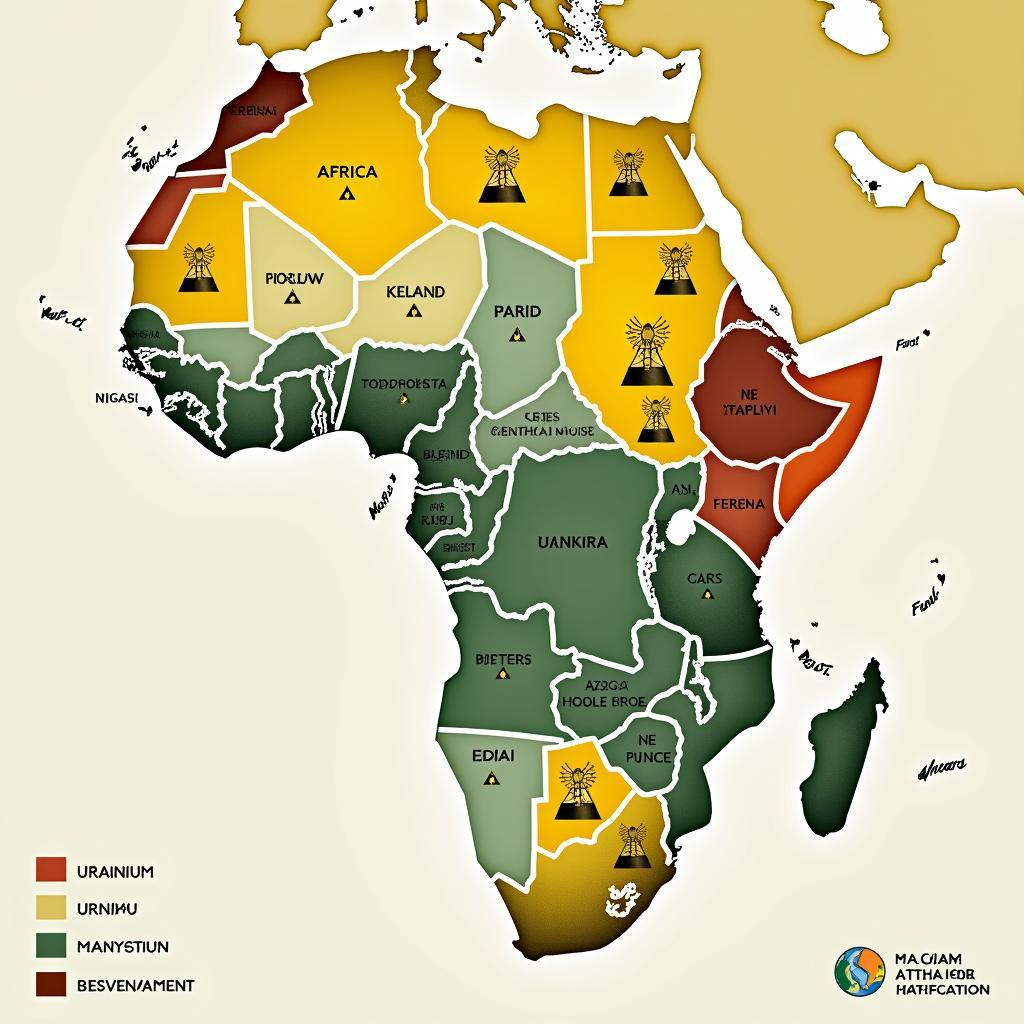African Countries in the NSG: A Comprehensive Look
The Nuclear Suppliers Group (NSG) plays a critical role in the global non-proliferation regime. While the African continent is home to a diverse range of nations, only one currently holds membership in the NSG. This article delves into the intricacies of the NSG, explores the sole African member, and discusses the implications for the continent’s role in nuclear non-proliferation efforts.
Understanding the NSG and Its Significance
The NSG is a group of nuclear supplier countries that seek to prevent the proliferation of nuclear weapons by controlling the export of materials, equipment, and technology that could be used to develop them. Established in 1975, the NSG operates on the principle of consensus and plays a vital role in shaping international nuclear trade policies.
South Africa: The Lone African Member
South Africa stands as the only African country currently part of the NSG. Its journey to membership has been marked by a unique historical context. South Africa voluntarily dismantled its nuclear weapons program in the early 1990s, a move that garnered international recognition and paved the way for its acceptance into the NSG in 1995.
This decision reflected South Africa’s commitment to nuclear disarmament and its desire to play a responsible role in the global non-proliferation framework.
Implications for Africa
South Africa’s membership in the NSG carries significant implications for the African continent:
-
Non-Proliferation Leadership: South Africa’s experience serves as a powerful example for other African nations considering their stance on nuclear weapons. It demonstrates that denuclearization can lead to greater international collaboration and security.
-
Technological Advancement: NSG membership provides South Africa with access to advanced nuclear technology and expertise, which can be leveraged for peaceful purposes such as energy production and scientific research.
-
Economic Opportunities: The NSG’s regulations on nuclear trade open doors for potential economic partnerships and investments in the African nuclear sector.
 Potential of Nuclear Energy in Africa
Potential of Nuclear Energy in Africa
Challenges and Opportunities for Africa in the NSG
While South Africa’s membership presents opportunities, challenges remain:
-
Expanding African Representation: The underrepresentation of African countries in the NSG limits the continent’s voice in shaping global nuclear policies.
-
Promoting Peaceful Uses of Nuclear Energy: Africa faces the dual challenge of harnessing nuclear energy for development while addressing concerns about proliferation risks.
-
Strengthening Regional Cooperation: Enhanced collaboration among African countries is crucial for addressing shared security concerns and promoting responsible nuclear governance.
Conclusion
The presence of African countries in the NSG remains limited, with South Africa holding a unique position as the continent’s sole member. South Africa’s journey highlights the complexities of nuclear non-proliferation, the benefits of disarmament, and the potential for African nations to play a more prominent role in shaping global nuclear order. As the continent navigates its energy future and security concerns, engaging with the NSG and advocating for greater African representation will be crucial in advancing its interests within the global non-proliferation regime.
FAQ
1. What is the main purpose of the Nuclear Suppliers Group (NSG)?
The NSG aims to prevent the spread of nuclear weapons by controlling the export of materials and technology used in their development.
2. Why is South Africa’s membership in the NSG significant?
South Africa’s voluntary dismantling of its nuclear weapons program and subsequent NSG membership set a powerful precedent for nuclear disarmament and responsible engagement in non-proliferation efforts.
3. How does the NSG impact Africa’s access to nuclear technology?
NSG membership, as demonstrated by South Africa, can provide access to advanced nuclear technology for peaceful applications like energy production and scientific research.
4. What are the challenges for Africa in the context of the NSG?
Limited African representation in the NSG, the need to balance peaceful uses of nuclear energy with non-proliferation goals, and the importance of regional cooperation on nuclear security issues are key challenges.
5. What does the future hold for African countries and the NSG?
Advocating for greater African representation within the NSG, promoting responsible nuclear governance, and harnessing nuclear technology for peaceful development will be crucial for advancing the continent’s interests in the global non-proliferation regime.



